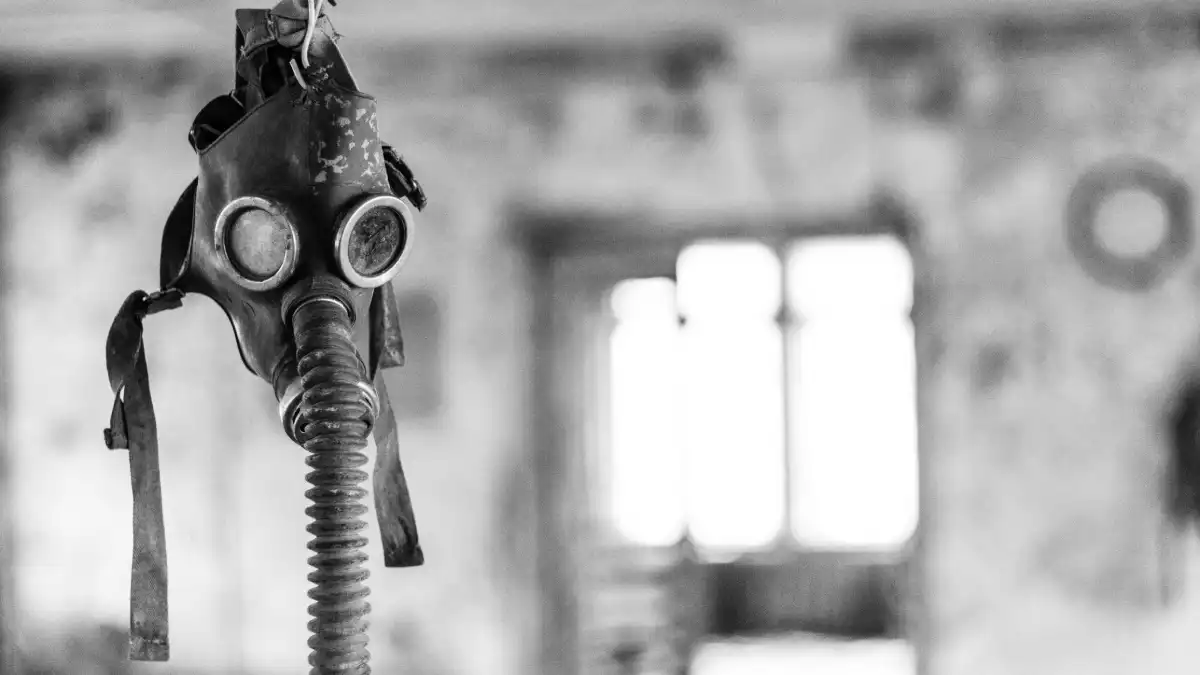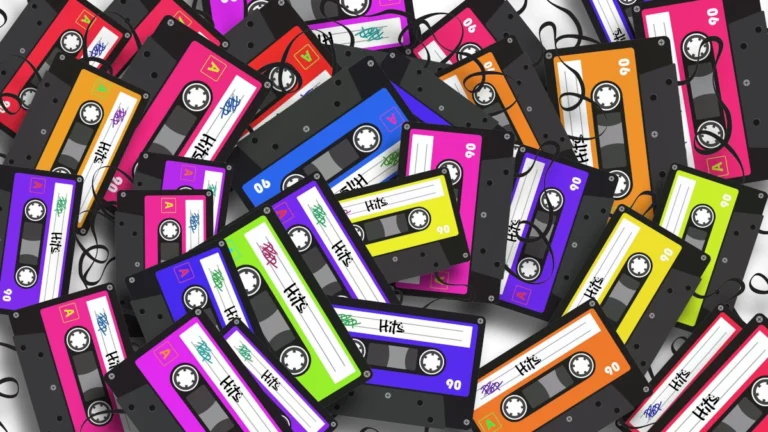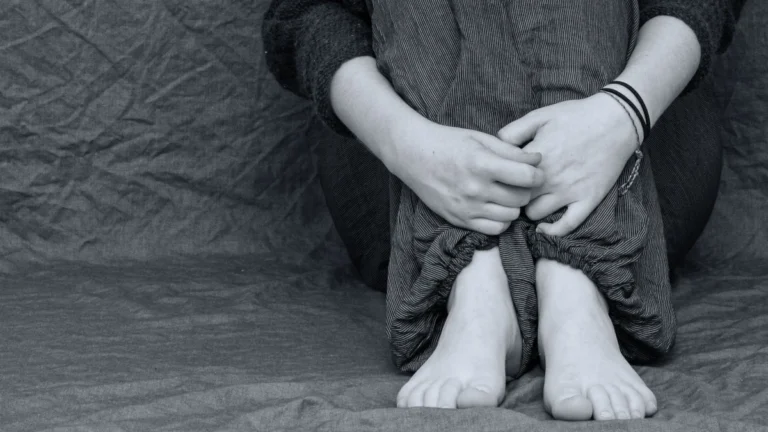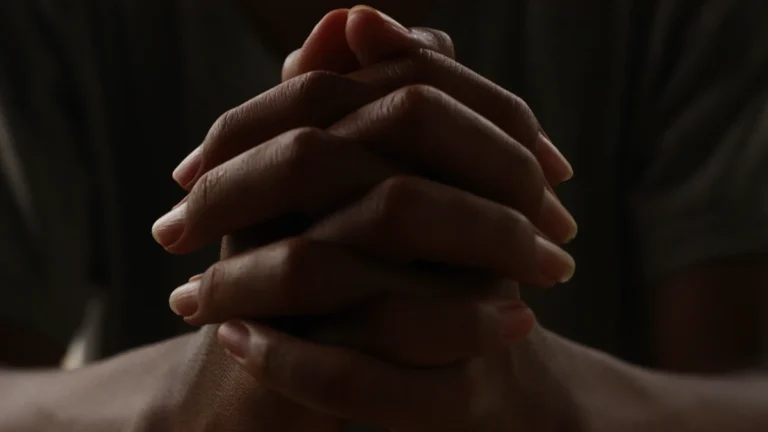From Tehran to test stands — why silence remains the deadliest protocol
There are places on this planet where being too polite can get you killed. But you don’t have to travel to Iran or North Korea to meet that fate. It happens every day — in boardrooms, schools, social media threads, or over a glass of wine at a suburban dinner party. Somewhere along the way, we decided that the risk of offending someone is worse than the risk of being wrong, rejected, humiliated — or dead.
People like to believe that survival instinct kicks in when it matters. That when real danger appears, the lizard brain takes over and we run, speak up, fight back. Nonsense. Most people will happily override that instinct — not because they’re brave, but because they don’t want to come off as rude. The social script often wins over the survival script. And I’ve seen that play out in many forms, but nowhere as clearly as during my time negotiating gas deals in Iran.
Iran has something called tarof. It’s not just “please” and “thank you.” It’s a structured, ritualized politeness — a performance where people offer what they don’t want to give, and refuse what they deeply want. Everyone knows the dance. The point is not to be honest — the point is to maintain dignity and hierarchy. And in high-stakes negotiations, tarof becomes a landmine. If you push too hard or embarrass the other side, they may reject your offer — not because they disagree, but because social convention leaves them no other option. The deal dies not on content, but on choreography.
So I learned. I arrived early, days before the official meetings. I sat down with key people, behind closed doors. No microphones. No theatrics. Just real talk. I wasn’t trying to sign anything early. I was laying down the emotional groundwork for what could be said later — openly, without triggering a defensive collapse. In Iran, that’s how you survive the protocol. You don’t confront it. You absorb it, reshape it, and quietly clear a path through it before anyone notices.
This wasn’t cultural tourism. It was necessity. Because when the fear of breaking a social norm outweighs the need to speak a hard truth, things go off the rails — sometimes catastrophically.
Just ask Korean Air.
In the 1990s, Korean Air had a problem: planes kept crashing. The cause wasn’t bad engineering or poor training. It was politeness. Co-pilots saw the danger — missed signals, faulty approach vectors, fuel miscalculations — and instead of saying, “Captain, you’re flying us into a mountain,” they hinted. They hedged. They spoke in the soft conditional. Why? Because speaking plainly would offend the captain, and offense meant shame. So they died.
Investigators called it the “cockpit gradient.” A steep drop between knowing something and saying it. Once Korean Air flattened that gradient — made it acceptable to speak bluntly in a crisis — the crashes stopped. They didn’t change the planes. They changed the code of speech. The thing that saved lives wasn’t new software. It was permission to interrupt.
These social codes are invisible — until you hit the mountain. And by then, you’re on fire.
You’ll find the same pattern in the West, though dressed up in different robes. Take a look at the ritualized suicide we now call “social media challenges.” Teenagers jumping between buildings. Drunk-driving dares. Urban exploration of decaying high-rises. You can see it in their faces — they know it’s dangerous. They joke about dying. They ask their friends to post the video if they don’t make it. That’s not obliviousness. That’s pre-approved martyrdom. The fear of being uncool outweighs the fear of bleeding out on asphalt.
I’ve taken risks too. I’ve crossed deserts alone. Biked from Vienna through the Middle East into Sudan — until I couldn’t ignore the artillery fire south of Kosti. Slept on the floor of Egyptian police stations during Muslim Brotherhood flare-ups. I’ve walked the alleys of the Niger Delta, and gotten mugged on Nairobi’s Uhuru Highway. But I didn’t do it for clicks or cred. I did it with rules. No drinking. No parties. No flings. No drugs. No leaks about where I’d go next. Talk to locals. Listen to cops. Be boring when it counts.
The danger was real, but it was calculated. It wasn’t for applause. It was for understanding. I wasn’t gambling — I was moving with discipline through chaos. That’s a very different kind of courage.
But this isn’t just about thrill-seekers. The same ritualized silence infects elite institutions. Labs. Launchpads. Clean rooms. Places where billion-dollar risks are taken — and often where people know things are wrong but stay quiet because speaking up will get you marked as the problem.
Take the recent Starship explosion. Insiders reportedly knew that the COPVs — the pressure vessels inside the rocket — had been mishandled or installed improperly. For context: these are aluminum tanks wrapped in carbon fiber, which is strong but brittle. A tiny crack can ripple into catastrophic failure. But the pressure to launch was immense. The culture was elite, intense — and allergic to friction. Speaking up too loudly risked being seen as disloyal. So the tanks were filled. The rocket stood tall. And then it blew.
This wasn’t a garage startup. These were top-shelf engineers. But even brilliance folds under systems that punish interruption and reward blind momentum. The rocket didn’t fail because of one cracked tank. It failed because the room knew — and said nothing.
And then there’s the quietest trap of all: the one that lures you not through ambition or loyalty, but through basic manners. One of the clearest scenes I’ve ever seen on this came from The Girl with the Dragon Tattoo. The villain, Martin Vanger, is about to torture and kill the protagonist. But before he does, he delivers a line I’ve never forgotten:
“Why don’t people trust their instincts? They sense something is wrong, someone is walking too close behind them… You knew something was wrong but you came back into the house. Did I force you, did I drag you in? No. All I had to do was offer you a drink. It’s hard to believe that the fear of offending can be stronger than the fear of pain. But you know what? It is. And they always come willingly.”
That’s not just a fictional monologue. That’s the blueprint. Predators — financial, political, or otherwise — rely not on force but on your hesitation. They don’t need to convince you. They just need you to play along long enough for the damage to begin. And we do — smiling, nodding, not wanting to make a scene.
Because politeness doesn’t protect you. It protects the threat.
So where’s the line between being observant and being paranoid? At what point does “better safe than sorry” stop being annoying and start being lifesaving? Is it really irrational to avoid flying when you know a viral outbreak could close borders overnight, as it did to friends of mine who were stranded for weeks? Is it wrong to keep your kid home from a school event when there’s a fresh terror attack that mirrors the exact setup? If you’re in a skyscraper and see another one across the way burning after an airplane hits — do you sit there sipping coffee and waiting for a memo, or do you leave, now?
These aren’t abstract questions. They’re scenarios people face. And the margin for error is often no wider than a missed cue or a polite silence.
In Iran, I learned that silence isn’t neutral — it’s loaded. Say the wrong thing, and you blow the deal. Say nothing, and the deal rots. And sometimes, because you’ve forced your counterpart into a corner, they’ll tank it just to preserve dignity — even if they wanted it all along. That’s not opposition. That’s you handing them no escape but refusal.
The West has a different problem. We pretend we’ve outgrown ritual — and yet we follow new ones just as blindly. Political correctness. Corporate jargon. Social consensus. Same fear, different costume.
Sometimes, the only way to save the ship is to yell “Iceberg!” even if everyone else is sipping champagne and calling you neurotic. Yes, you’ll be wrong sometimes. Yes, you’ll overreact. Yes, you’ll embarrass yourself now and then. That’s how signal works in a noisy world. You shout before it’s obvious — because waiting until it’s obvious is how people die.
We’ve become technologically advanced and socially stupid. We can run differential equations in our sleep, catch falling boosters with mechanical chopsticks, and model Mars landings to the centimeter. But ask us to interrupt a lie in progress, or challenge a toxic social cue, and we fall apart.
That’s when negotiations collapse. That’s when rockets explode.
Are you listening, Elon?





Hi Rudolf
I’ve read the last 2 of your blogs which seem to be a new occupation. Much enjoyed them. keep writing!
Thank you Simon, more to come.
This is – as always – excellent reading.
Very deep. Can not agree more. Thank you!
Than you Henrik
Another brilliant look into human nature. “That Girl with the Dragon Tattoo” quote may very well sum up one of our biggest problems as a species: overriding instincts in order to… avoid offending of all things. Not optimal for long-term survival. Thank you, Rudi.